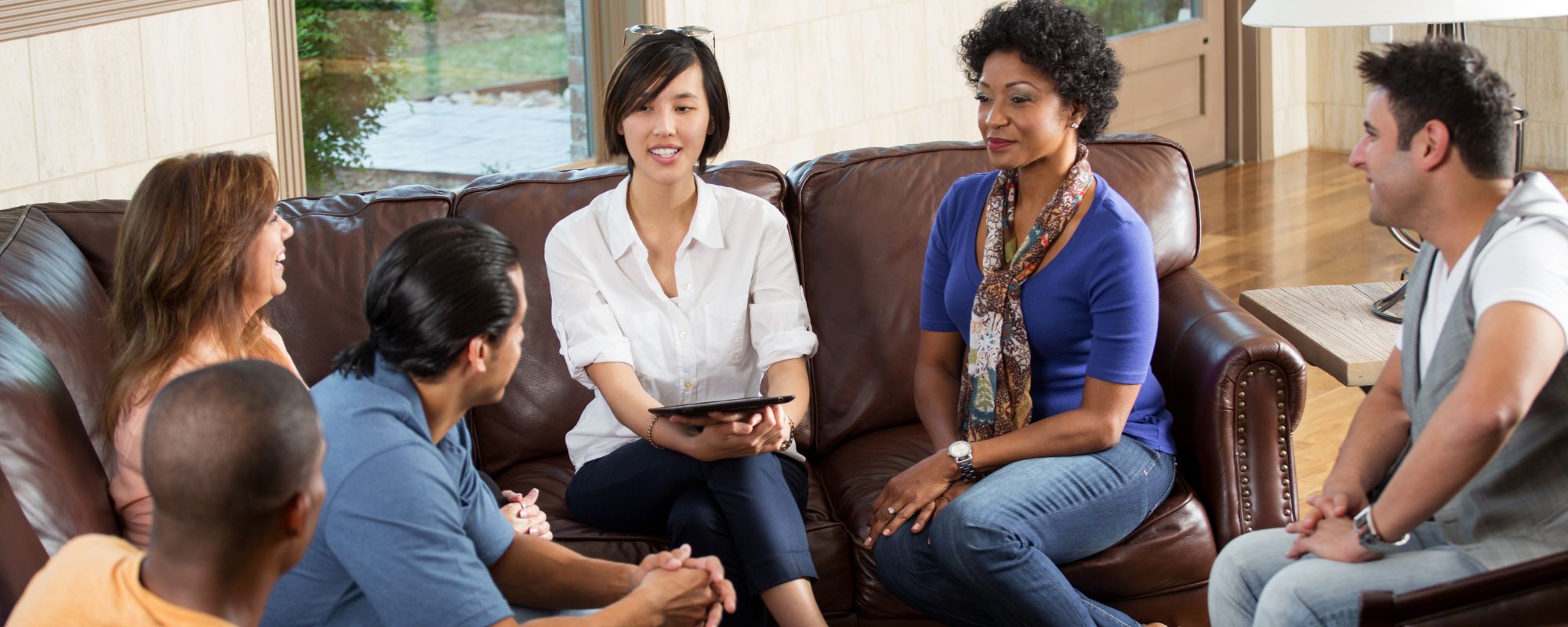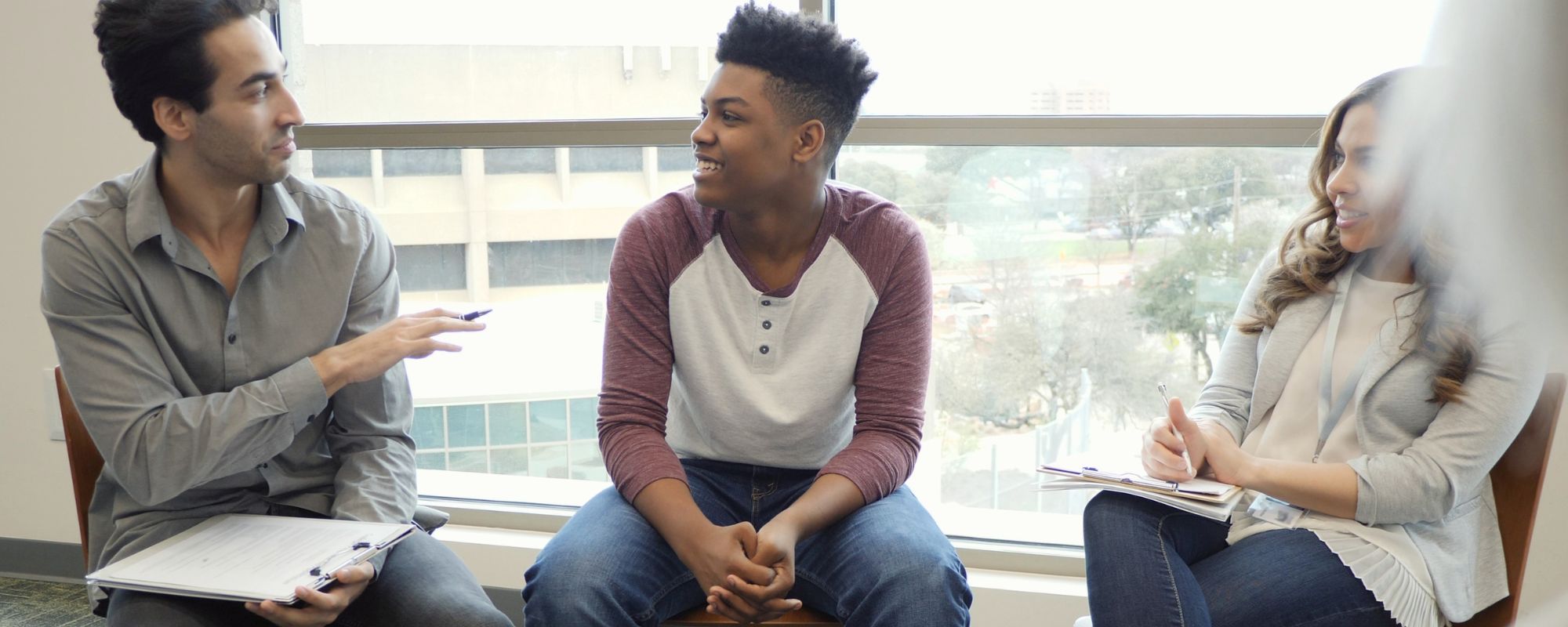Substance abuse is one of the most difficult and painful diseases to overcome. Just as with cancer or other dangerous medical diseases, addiction affects every person in your life that you are close with. As the brain becomes more dependent on substances, behaviors begin to change and shift away from their norm. Things you once loved become less enjoyable or relevant, hobbies or social circles fall to the wayside, all in the pursuit of more drugs or alcohol. Along the way, the user’s mood swings, or changes in behavior may cause friction, arguments or in some cases, even physical altercations with the people they love. In the wake of a powerful or life changing addiction, relationships may be broken.
During recovery, many former users find themselves overwhelmed by grief or regret. They may feel terrible about some of the things they did or said during active addiction. Ongoing therapy and support groups help with this, and during the 12 Step Program, for example, there are even several steps that are designed to recognize and overcome this. During today’s blog, we will discuss some of the ways to repair the broken relationships that may have occurred as a result of addiction.
How Can Addiction Break a Relationship?
Everyone’s addiction is different, and every substance affects people and families different. Alcohol is a pretty easy example. It’s been linked not only to physical, emotional or sexual abuse, but on the other end of the spectrum to the devastating fallout of drinking and driving. Those who are addicted to narcotics typically exhibit extreme behaviors that can lead to family tragedy.
Some of the damaging or toxic behaviors of substance abusers include:
- Lying
- Criminal Activity
- Stealing From Loved Ones
- Self Destructive Behavior
- Aggression
Behaviors like this break trust and fracture relationships. It’s important to recognize these situations, and, working with counselors or support groups, repair what has been lost.
Who is Most Important?
This may seem like obvious information, but in seeking to repair your broken relationships, you need to commit to the people who make the most sense. Reconnecting will be on you and you need to be willing to make the first step to reach back out.
Spouse or Partner – If you are married, or in a seriously committed relationship, you need to start here. This person has likely been hurt the most by addiction. Trust may be destroyed. Things may have been said that can’t be taken back. Rebuilding this relationship through marital counseling, or through deep commitment will take time but will hopefully be possible depending on the situation.
Parents – Your parents will always be your parents, thankfully. It’s time to give mom and dad a call and let them know you are done for good with your addiction. For younger substance abusers, or ones who still live at home, this is a major priority. Your parents will likely be one of your strongest advocates in your recovery.
Children – Sober living is the only way to have a healthy and loving relationship with your children. They may be too young to even know that something was wrong, and if so that is a blessing. However, they may be teenagers or older. If that is the case, making sure you reconnect with them, speaking honesty and maybe even asking them to attend therapy with you could save your relationships.
Friends – Depending on your social presence, your friends may or may not know the extent of your situation. Maybe you won’t have to explain every detail, but simply be present again and start to return to your old self. If any of your friends are triggering your old addictions, or are more toxic than positive, then maybe you do not need to go back to them.
Steps 8 and 9
If you are working through the 12 Steps, which we highly encourage, pay special attention to Steps 8 and 9. Step 8 states: “Made a list of all persons we had harmed, and became willing to make amends to them all.” Step 9, a direct follow up to 8 reads: “Made direct amends to such people wherever possible, except when doing so would injure them or others.”
These two are designed specifically to help the person in recovery to overcome their self-hate and regret in regards to their broken relationships by helping them to repair. It’s not easy, and you may feel extremely uncomfortable or embarrassed, but to earn back the love and trust of your family this is critical.
Tips for Accomplishing These Steps
Recovery is not an easy task, and you should be extremely proud of yourself or your loved one for every day that they are sober. That being said, there are a few suggestions to make it a little easier to make amends to the people you have harmed.
- Categorize the people in your life – Every situation will be different. You need to sort your list that you made in Step 8 to determine: who you can approach as soon as you are confidently sober, the ones you should make amends to but only share some details are more will hurt them and the ones you should not engage with due to the situation. This will help you to figure out a priority and plan for each person.
- Take it slow – Go at your pace, at your comfort. Rushing can lead to poor decisions, and you may still need time to process.
- Work with your therapist – A therapist will help you to find the right words to say or the right time to approach people, based on your situation. Their ability to give a neutral opinion will help you navigate your choices.
- Don’t feel the need to overshare – You do not have to share every detail, especially if it will hurt the person you are speaking to. Share only what makes the most sense.
Family Counseling
Family therapy is a great way to accomplish your goals of rebuilding broken relationships. There are many ways to utilize a family counselor to help. Some families will choose to attend counseling while their loved one is still in inpatient treatment. Some recovering individuals will do their own family therapy during this time as well. Most drug and alcohol treatment centers near you will offer family therapy.
Once you are reunited with your family, it is a great idea to do ongoing counseling together to ensure that everyone is communicating honestly and having their feelings addressed. Commonly, a former user may not actually recognize or understand how their addictions hurt others. Be willing to listen, be willing to ask for forgiveness. Don’t be afraid to see the help of a mediator.
How Can I Fix the Relationships Harmed by my Addiction?
Above all else, honesty and commitment to sobriety will be the most impactful ways to mend a broken relationship. By having courage and the strength to make amends, you can regain the life you once had.
Reach Out
If you or someone you know is struggling with substance abuse of any sort, please reach out to us at (877)-RECOVERY or 877-732-6837. Our team of addiction specialists make themselves available to take your call 24 hours a day, 7 days a week. We are here to help, to be a friend, to show support and to be a positive life in a dark time. Because We Care.












